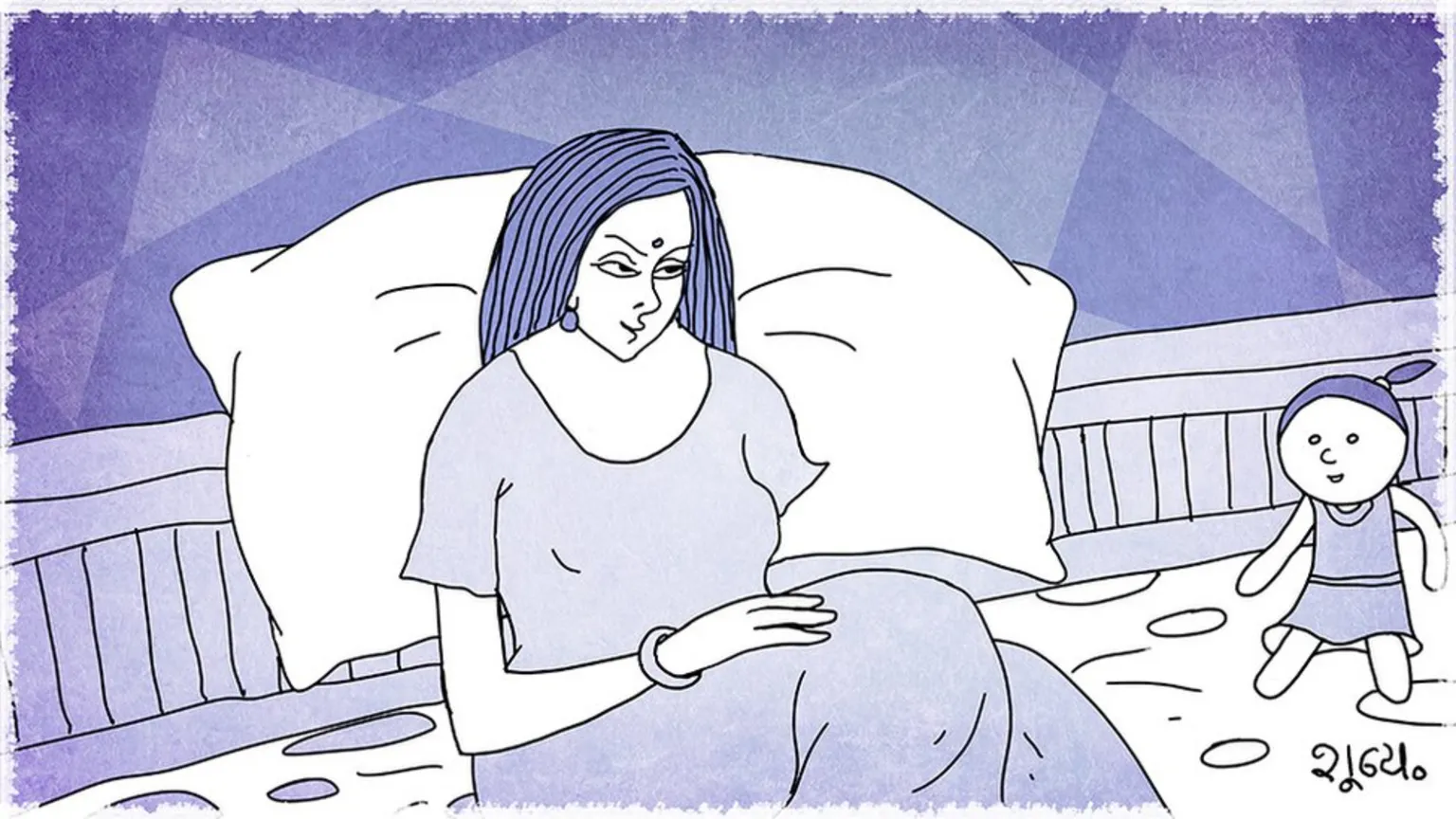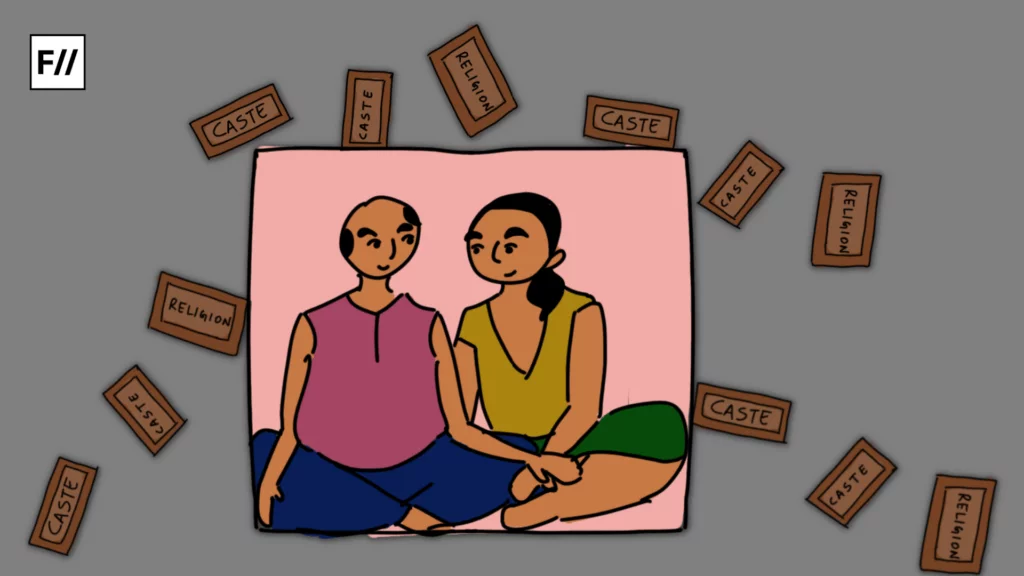Recently, the Telangana Government increased the Marriage Incentive amount payable to persons with disabilities. The move has once again raised the debate over whether the Government should give incentives for marriages of persons with disabilities. As many as 19 states in India offer such incentives, however, the discussion within the disability movement and the public discourse on the issue is insufficient.
Interestingly, this scheme is different in every state – the amount of money varies as well as beneficiary of these schemes differ. According to the marriage incentive scheme run by the Kerala government, the beneficiary of the scheme can either be a disabled woman or the daughter of parents with disability, within a certain income limit. The amount of Rs. 30,000 is given as a onetime assistance. Under Haryana Mukhya Mantri Vivah Shagun Yojana, Rs 51,000 is given if both the spouses are disabled.
The rural-urban divide
We often hear urban disability activists saying these schemes should be stopped as they equate monetary support with ‘state-sponsored dowry’. However, the perspectives of rural and grassroots people with disability differ significantly on this issue.
For example, Meena (name changed) a young woman with locomotor disabilities from rural Jharkhand, says that she is keen to have a sexual life. The only way she can achieve this end is by getting married. Due to mobility issues, she cannot venture out of her house on her own. Yet, her desire to marry, have a sexual life, and have her own children have been strong for the past few years. She would be glad if the government supports her when she gets married. ‘I am not an independent woman, I can not enjoy sex unless I get married‘ were her words when asked why she is keen on marriage. We must recognise her lived experience and desires are as valid as any other woman demanding sexual and reproductive rights.
Her desire to marry, have a sexual life, and have her own children have been strong for the past few years. She would be glad if the government supports her when she gets married.
A look at the 2011 survey shows that 41.72% of the disabled individuals were unmarried in the country. These figures clearly indicate that a huge part of the disabled population in the country, almost nearly half of it, remains unmarried. The low rates of marriage also raise questions of acceptability, myths of perceived asexuality or hypersexuality of the disabled community.
Matrimonial meets for disabled people
The need for matrimony is widely felt by different disability groups. India has seen matrimonial meets specifically for disabled people in cities like Mumbai, and Patna as well as online platforms. During a telephonic interview, Sushmeeta Bubna of Voice Vision, which has successfully organised matrimonial meets in Mumbai, mentioned that ‘Marriage for love or companionship is not a reality in the majority of Indian marriages. This reality is reflected in the marriages of disabled people too.‘ When advertising the matrimonial meets, Voice Vision does not mention that government incentives are available for such marriages. Sushmeetha feels many men may marry disabled women only for the money in that case. She also felt that sometimes the family of a disabled man looks for a caregiver instead of a wife for their son.
In Patna, the Bihar Viklang Adhikar Manch organises matrimonial meets for disabled people. Vaishnavi Kumari, one of the key organisers of these meets, says that she believes marriage is empowering for women. She argues that the marriage incentive scheme plays an important role here, it sparks a fresh mindset for the family members, and more over it generates confidence in women of being an in charge of their own life decisions. They can now plan to marry and have a family. Her organisation refuses to see the incentive as dowry. She raises a question as to why intercaste marriage incentive schemes are accepted, and the question is only raised when it involves the disabled; since the purpose of both of these schemes is the government’s way of “promoting” marriages. According to her, the money (which the woman would eventually acquire in the future) gives hope to women and makes them decision-makers as to the utilisation of the monetary assistance provided for their own purposes.
She raises a question as to why intercaste marriage incentive schemes are accepted, and the question is only raised when it involves the disabled; since the purpose of both of these schemes is the government’s way of ‘promoting’ marriages
Interestingly, the Bihar government runs two marriage incentive schemes, one is for intercaste marriage and the other for marrying a disabled individual. The purpose of both these schemes as claimed by the government is ‘promotion’, promotion and encouragement of marrying outside the caste and also to a disabled individual. Gender is not an issue in both these schemes and the couple if eligible can avail both the schemes. An incentive of Rs. 50,000 is deposited as a fixed deposit (FD) in the bank of the beneficiaries only to be availed three years after the marriage.
Denial of marriage to the disabled people
A major question arises when patriarchal concepts of compulsory marriage and motherhood are challenged today, why grassroot disability groups are considering marriage as an empowering experience? The obvious answer is that they are fighting ableism – an ableist world does not consider disabled people as “marriageable” and their value at the marriage market is extremely low. Motherhood is often denied to women with disabilities as eugenic mindset is common in India. Since marriage is usually denied to disabled people, some disability groups are fighting for that right. To ensure these rights, a separate section on Reproductive Rights was included within Rights of Persons with Disabilities Act of 2016.
Some urban disability activists argue that the state should provide scholarships for education, loans for business to disabled youths instead of money once they marry. It is to be noted here that scholarship and support for livelihood schemes already exist. Sita, a disabled woman from Uttarakhand says getting Government money during marriage helped her a lot. She wanted a custom-made kitchen for herself because she is unable to stand and cook, she used this money to make her new house accessible. Obviously, this could not have been possible through an educational scholarship or a professional loan.
Need for dialogues and ground work on the issue
The implementation of separate marriage incentive schemes in a number of states in India have sparked contrasting reactions from different stakeholders; there is a clear need of an exhaustive study on the issue. The Indian disability movement is dominated by urban affluent/upper middle class disabled people. The focus of these groups remains on physical accessibility, while discourse on any form of social security issues is notably missing within this movement. It’s crucial for the urban disabled people to engage in dialogue with rural and grassroots disability groups to understand the ground realities faced by disabled population, particularly women.
About the author(s)
Shampa Sengupta is an activist working on gender and disability rights. She is a person with mental illness and also a primary care-giver.







That’s a very insightful article on marriage incentive schemes for disabled people in India. I agree that while these schemes might offer tangible benefits, especially in rural areas where opportunities are scarce and societal attitudes can be challenging, the idea of them being a “clickbait for marriages” is problematic.
It risks reducing the complex lives and aspirations of disabled individuals to a financial transaction, potentially overshadowing the importance of genuine companionship, mutual respect, and agency in marital decisions. The focus should always be on empowering persons with disabilities to live full, independent lives, which includes the freedom to choose their partners based on love and compatibility, not financial inducements.
Perhaps the discussion needs to shift towards ensuring comprehensive support systems that empower disabled individuals through education, skill development, accessible infrastructure, and robust anti-discrimination laws, rather than schemes that could inadvertently perpetuate stereotypes or create unhealthy motivations for marriage.